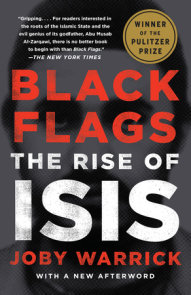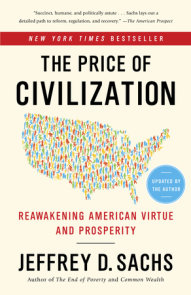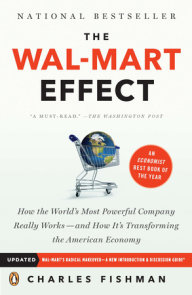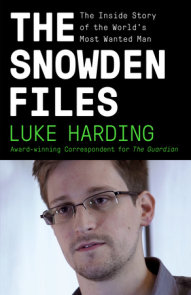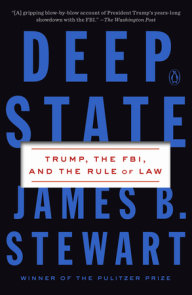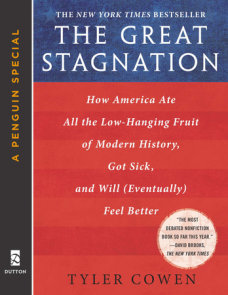READERS GUIDE
Introduction
Math is a part of our everyday lives, both seen and unseen, yet it’s also challenging. It requires complexity of thought and attention to the biggest picture, as well as to the tiniest detail. In his compelling nonfiction debut How Not to Be Wrong, Jordan Ellenberg succeeds in demystifying mathematics as something solely for numbers nerds, and brings it into our workplaces, classrooms, and homes.In this unique book, we’re engaged beyond the often-rigid classrooms where we likely recall our math educations and we’re taken straight into the “lab” to reexamine century-old mathematical debates and discussions that are surprisingly relevant today. Ellenberg uses relatable topics ranging from sports to the lottery, breathing life into basic mathematical principles with the potential to help us maneuver better and smarter each day, both personally and professionally.
We are shown how logic and structure can aid in seeing the world more clearly. We are taught to better understand the questions we are asked, and to solve those problems from a more practical perspective. How Not to Be Wrong is a guide to interpreting the everyday differently, giving us the tools to ask questions that might never have occurred to us otherwise, and bringing us closer to finding practical solutions in our own lives.
Questions and Topics for Discussion
1. Given that lineocentrism draws direct proportions in measurements, what are the dangers in reporting numbers used to detail, for example, the loss of life in disease or war? What are some examples you have seen in recent news that use problematic mathematical comparisons?
2. The null hypothesis is used to sharpen our analysis by imagining the very thing you are trying to disprove is true. Reductio ad absurdum challenges us to accept the thesis by showing that any alternative leads inevitably to a contradiction. Can you name an example of using this approach to answering a problem you face regularly?
3. If an athlete or a gambler sees success at a high frequency; we are told not to believe or put stake in the idea of a “hot hand.” Are there instances you can think of that support or disprove the theory of the “hot hand”?
4. Ellenberg describes “a basic rule of mathematical life: if the universe hands you a hard problem, try to solve an easier one instead, and hope the simple version is close enough to the original problem that the universe doesn’t object” (p. 35). Can you recall a nonmathematical problem you have faced where using that mathematical rule has come to be useful?
5. In art, the concept of the projective plane helps our understanding of how parallel lines can appear to meet in the distance. What might be some other examples of the limits of two-dimensional representation? Where there is more to what we can see?
6. As with the mathematical concepts groups, significance, and expected value, the English language can confound with multiple meanings of the same words. What are the potential benefits and pitfalls in Reverend Edward Foster’s math-based language, Ro?
7. The Washington Post described the 2012 Romney campaign statement that “women account for 92.3% of all the jobs lost under (President) Obama” as “true but false.” Ellenberg responds by saying he thinks the assessment is “just right, and has something deep to say about the use of numbers in politics.” Has this passage affected your view of numbers in politics? How so?
8. Given the problems observed in a two-party democratic system, what suggestions would you offer for changes to the voting process and how might you prove them mathematically sufficient? If you’re familiar with a political system in which more than two parties play significant roles, what can you add to the discussion in the book from your own personal experience?
9. Do you think certain topics are beyond the reach of mathematical analysis? If so, what are they? The existence of God? The optimal income tax rate?
10. How Not To Be Wrong argues “If you never miss the plane, you’re spending too much time in the airport.” Does the same mathematical argument support the claim “If your children have never been seriously injured, you’re an overprotective parent?”
11. In your experience, have school math classes helped you or your kids develop the kind of skills the author promotes in his book?
12. Do you think the MIT students who won millions in the Massachusetts Lottery were acting ethically?










